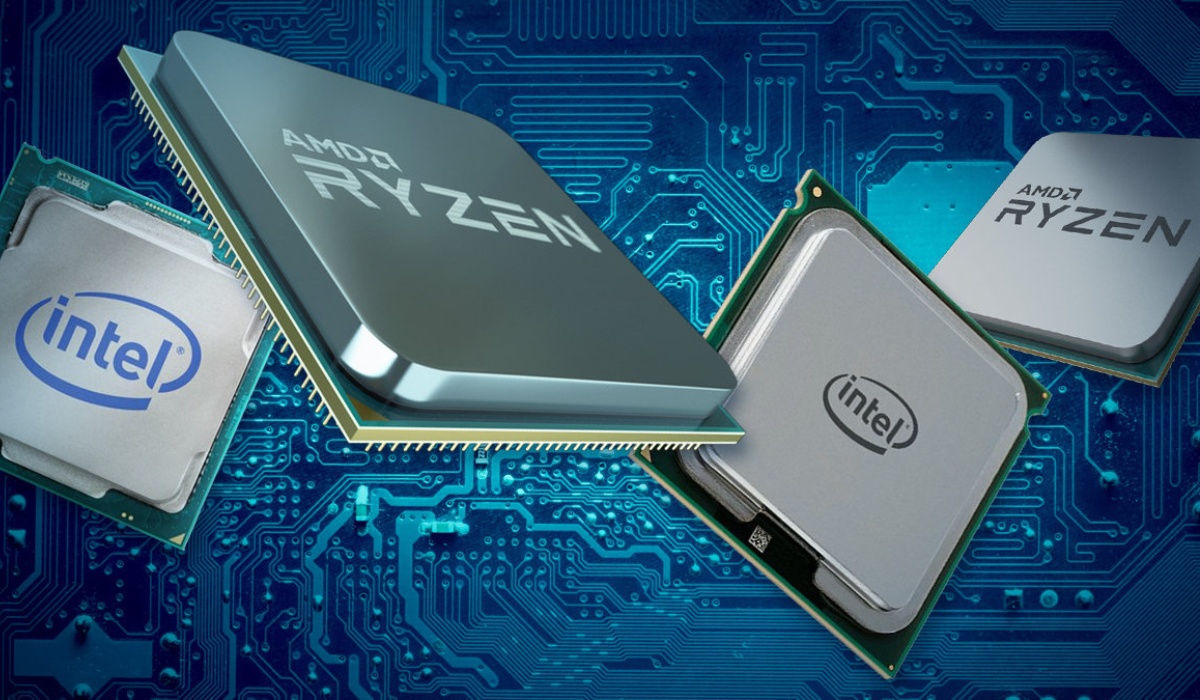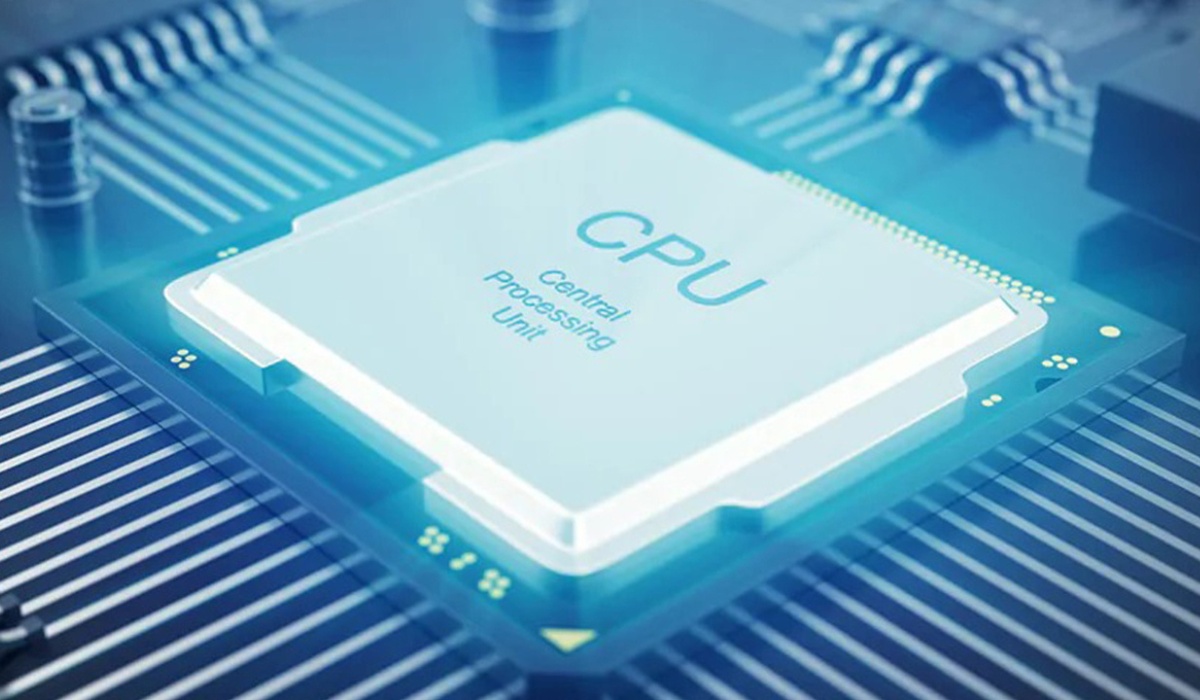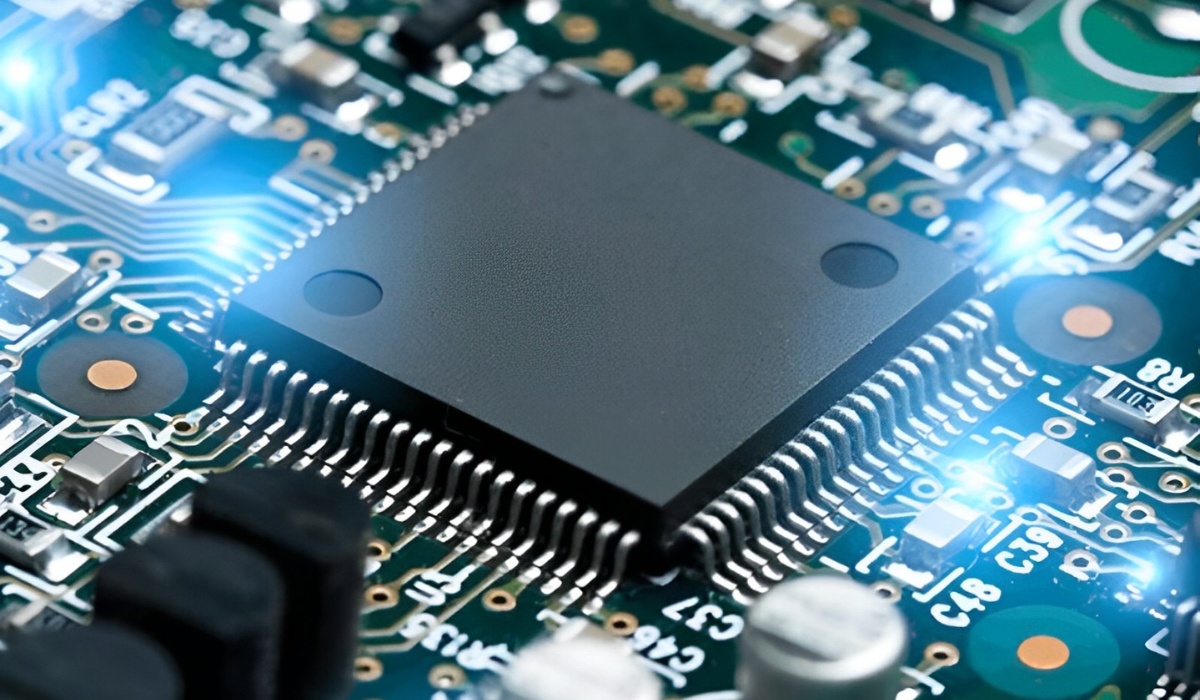
You might have spotted the sizable “chip” on the motherboard if you’ve ever opened your computer and taken a closer look. Your computer’s brain, or Central Processing Unit (CPU), is that chip. It is in charge of executing all of the instructions needed for your computer to function. However, what is CPU? and why is it so crucial? Let’s examine what makes this part so crucial to your device.
The CPU, or Central Processing Unit, serves as the core element in computers and electronic devices. Its main role is to execute instructions provided by the user. Functioning as the computer’s “central nervous system,” the CPU reads and comprehends commands from software programs, utilizing them to oversee and regulate various components within the device.
Table of Contents
What does a CPU do?
Fundamentally, a CPU executes a calculation using instructions from a program or application. There are three main steps to this process: fetch, decode, and execute. A CPU retrieves the instruction from RAM, interprets it, and then uses the appropriate CPU components to carry out the command.
The computation, or executed instruction, may entail simple math operations, number comparisons, function execution, or memory-based number manipulation. You can think of the CPU as an extremely fast calculator because everything in a computing system is represented by numbers.
In contemporary systems, the CPU feeds data to specialized hardware when needed, like the conductor of a symphony orchestra. For instance, the CPU must instruct the solid-state drive to move an Office document to the system’s RAM for faster access or guide the GPU to create an explosion in your game.
The main parts of a CPU

The Central Processing Unit, or CPU, is made up of various essential components that work together to allow it to perform computational tasks:
- Control Unit (CU): This part coordinates the data flow between the several units and oversees and directs the CPU’s functions.
- Arithmetic Logic Unit (ALU): In charge of carrying out arithmetic and logic operations, the ALU computes and decides in accordance with the instructions given.
- Registers: Throughout processing, data and instructions are momentarily stored in these compact, fast-moving storage units inside the CPU.
- Cache memory is a sort of compact, quick memory that shortens the time it takes the CPU to get information by storing frequently visited data.
- Clock: The internal clock of the CPU produces pulses that synchronize instruction execution and control the CPU’s overall speed.
How important is the CPU?

Although the CPU no longer has the same impact on system performance as it previously did, it still has a significant impact on the responsiveness and speed of your computer and is necessary for it to function at all. Higher clock rates are usually advantageous for gamers, whereas more demanding tasks like CAD and video editing benefit from having more CPU cores.
Remember that your CPU is a component of a system, you should make sure you have fast storage and adequate RAM to supply your CPU with data.
After learning about a CPU’s function, you are better equipped to choose the hardware for your computer. Learn more about the top AMD and Intel chips by using this guide.
How can I optimize my processor’s performance?
You may improve the performance of your CPU in a number of ways. Make sure that your computer is running the latest version of Windows or any other operating system to ensure compatibility between the operating system and your laptop hardware.
Additionally, you should routinely check for hardware device driver updates and install them if needed. Outdated drivers can result in poor performance since they are incompatible with newly released software or hardware components.
Lastly, check to see whether your computer isn’t running an excessive number of background activities. These can eat up vital processing resources and dramatically reduce system performance.
CPUs are essential to modern computing because they enable users to use computers efficiently in their daily lives by completing calculations quickly and precisely.
Your computer’s CPU is crucial for completing tasks quickly and dependably, whether you’re gaming or working on a project, so make sure to show it some extra love! You can choose the best software programs for your system or buy new hardware improvements by having a better understanding of how CPUs operate.
Conclusion
We appreciate you reading about what is cpu? and all the way through! You now know more about CPUs-what they are, how they work, and why they are crucial. See another guide to learn more about the fundamentals of computers. Happy learning!
Read more:
What Is GPU?
What Is RAM?
